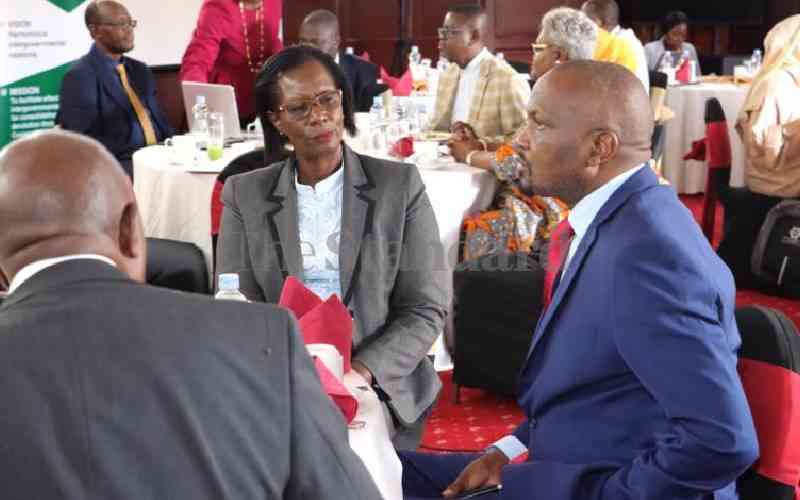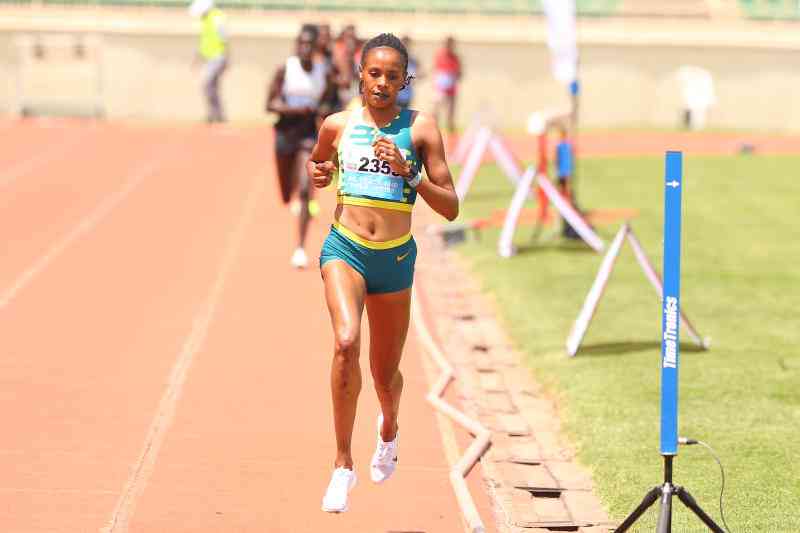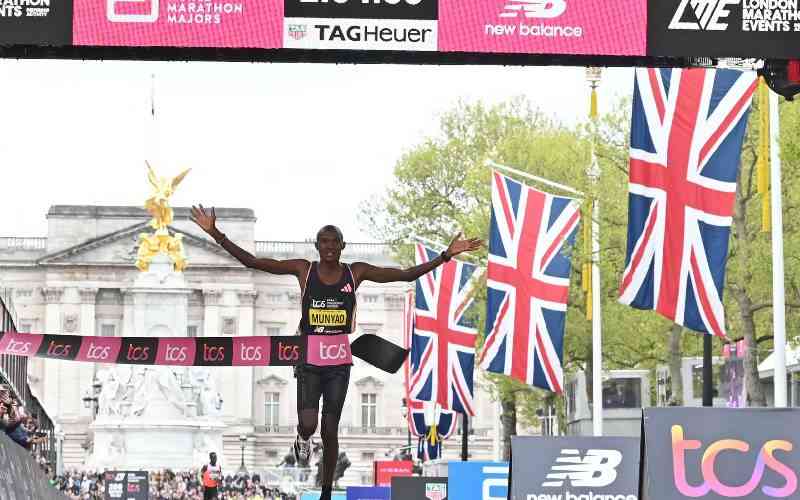Despite all data indicating Kenya's economic growth outpacing the African and global average, somehow, there are those who are convinced it is headed in the wrong direction.
Our macroeconomic policy is sound; the shilling is stable; we are the region's economic powerhouse and the economic outlook remains robust and is on course to attaining upper middle-income status by 2025.
There are postulations that Tanzania's economy will overtake Kenya in five years. This conclusion is based on misleading analytics suggesting that Kenya's economy will go into hibernation after the 2017 elections. How wrong! This analysis deliberately deploys inaccurate data, is selective on the base years it uses and compares the two economies based on the non-conventional measure of nominal GDP as opposed to income per capita.
Today, Kenya is ranked the fifth largest economy in sub-Saharan Africa at a lower-middle income level, while Tanzania is yet to attain such status - and is not likely to attain it over the next five years. This was underpinned by Kenya's strong growth momentum in the first two decades after independence, moderate growth experienced in the 1980s up to mid-1990s and a strong rebound over the last decade.
Despite occasional exogenous shocks, Kenya's economy has grown significantly under the four administrations since independence. Let me now discuss the growth philosophies I suggested earlier. First, it is generally agreed that socialism, as a development model, failed in Tanzania as acknowledged in 1985 by founding Tanzanian President Julius Nyerere.
The Tanzanian economy registered dismal performance in the post-independence period up to the mid-1990s. Kenya, on the other hand, under a supportive and appropriate development paradigm, exemplified a strong growth experience in the 1960s and 1970s. This growth, however, slowed down in the 1980s - a period described as the lost decade, as was the case in most countries in sub-Saharan Africa.
Secondly, as argued within the development philosophies of African nationalists Kwame Nkurumah, Nyerere and Indian Nobel Laureate Amartya Sen, without freedom, there is no development and without development, there is no freedom; essentially, that freedom and development are inextricable. Every country needs to secure national freedom (political independence); freedom from material deprivation (ignorance, poverty and disease); and personal freedom.
However, one also needs to put into context the evolution of these freedoms and their link with the evolving levels of economic development of a country.
No nation can secure personal freedom and civil liberty for its citizens without advancement in economic development. Kenya's rapid economic progress, achieved under its development paradigm, significantly reduced material deprivation and expanded space for personal freedom and liberty.
Tanzania's first administration, on the other hand, built a cohesive society under Ujamaa, but achieved little progress on freedom from material deprivation and attainment of personal freedom and civil liberty.
Third, everyone acknowledges that we were convulsing in ethnic conflagration after the 2007 elections. To make the statement that Tanzania has a more solid foundation for economic growth compared to Kenya is an admission that one doesn't actually understand the region's economics and the dynamics that power them.
Fourthly, the Government's critics suggest that our economy crashed in the aftermath of 1997 election, just as Tanzania was taking off and that by 2003, the gap between Kenya's and Tanzania's economy had reduced by a fifth and in 2008, had narrowed to less than a tenth. This is of course without factual substantiation.
This flawed posturing can only mean one thing; that the very prediction of economic doom facing Kenya is, at best, ludicrous.
 The Standard Group Plc is a multi-media organization with investments in media
platforms spanning newspaper print operations, television, radio broadcasting,
digital and online services. The Standard Group is recognized as a leading
multi-media house in Kenya with a key influence in matters of national and
international interest.
The Standard Group Plc is a multi-media organization with investments in media
platforms spanning newspaper print operations, television, radio broadcasting,
digital and online services. The Standard Group is recognized as a leading
multi-media house in Kenya with a key influence in matters of national and
international interest.
 The Standard Group Plc is a multi-media organization with investments in media
platforms spanning newspaper print operations, television, radio broadcasting,
digital and online services. The Standard Group is recognized as a leading
multi-media house in Kenya with a key influence in matters of national and
international interest.
The Standard Group Plc is a multi-media organization with investments in media
platforms spanning newspaper print operations, television, radio broadcasting,
digital and online services. The Standard Group is recognized as a leading
multi-media house in Kenya with a key influence in matters of national and
international interest.









